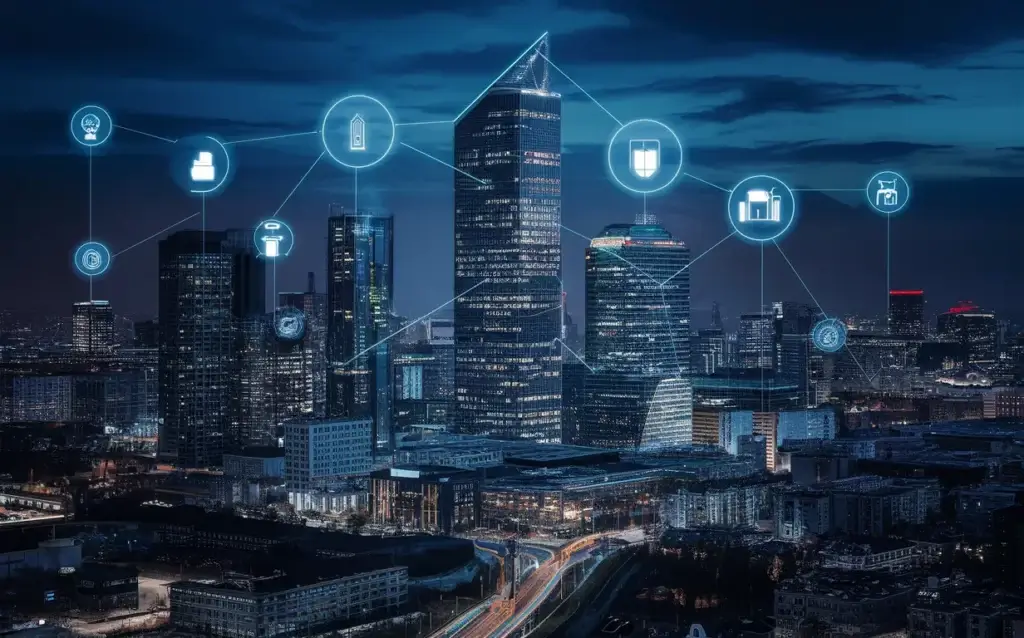The future of cloud strategies
Cloud strategies are a central component of modern corporate IT. They enable companies to optimise their IT infrastructure, reduce costs and respond more flexibly to market requirements. By utilising cloud services, companies can improve their agility and scalability and increase their operational efficiency. Cloud technology provides access to innovative solutions such as artificial intelligence, machine learning and big data analyses. These technologies enable companies to remain competitive and open up new business opportunities. [...]
The future of cloud strategies Read more »















